SONG OF THE YEAR
UAE National Anthem
SONGS OF THE WEEK
Arabic Song
اطفال ياحلوين اشربوا الحليب
To listen to the song of the week for our Babies, kindly click on the link below:
Pat-a-Cake
To listen to the song of the week for our Playgroup I, kindly click on the link below:
Square Song
To listen to the song of the week for our Playgroup II, kindly click on the link below:
I Love Bugs
To listen to the song of the week for our Foundation Year, kindly click on the link below:
The Ants Go Marching
OUR BABIES
Babies don't learn from the TV. They learn from doing real things not by watching the activity on the screen, even if they are mesmerised by the programme and it's directly aimed at their age group. Some studies say TV can harm babies' language development because it takes away the time spent learning from you. Watching it with them and pointing out objects and naming them is the only way it's helpful. We are baby's most important play thing, and they learn most from us.
OUR PLAYGROUP I
Infants may stare at the bright colours and motion on a screen, but their brains are incapable of making sense or meaning out of all those bizarre pictures. It takes around 18 months for a baby's brain to develop to the point where the symbols on a screen come to represent their equivalents in the real world. They need to touch things, shake them, throw them, and most of all to see the faces and hear the voices of those they love the most, but that doesn't mean that they shouldn't video-chat with a distant grandparent or a deployed parent. Toddlers are also learning to pay attention for prolonged periods, and toddlers who watch more TV are more likely to have problems paying attention at age 7.
OUR PLAYGROUP II
After age 2 things change, at least somewhat. during the preschool years some children do learn some skills from educational TV. Well-designed shows can teach kids literacy, math, science, problem-solving and prosocial behaviour. Educational TV makes the biggest difference for children whose homes are the least intellectually stimulating. Regardless of the content, cap your child's electronic entertainment time at 1 hour a day from age 18 months to age 5.
OUR FOUNDATION YEAR
Preschoolers learn by interacting with the world around them. They need to be physically active - to run, climb, and swing on the playground - and to have creative outlets like drawing or dress-up. Time spent with screens (like a TV, tablet, or smartphone) can be an opportunity to reinforce learning and promote creative play. But too much screen time can have unhealthy side effects. The exception to this rule is video chatting to grandparents or other family friends, which is considered quality time interacting with others. Use screen time to interact with your child and teach lessons about the world. Don't let your child spend time alone and just staring at a screen.
AFTERNOON KIDS' CLUB
























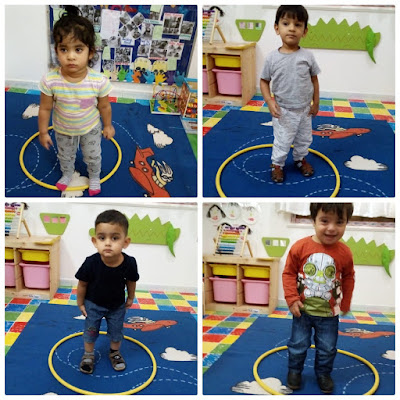












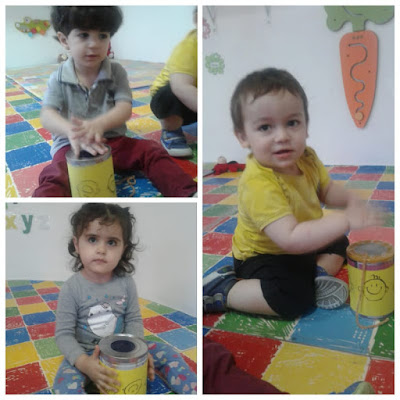

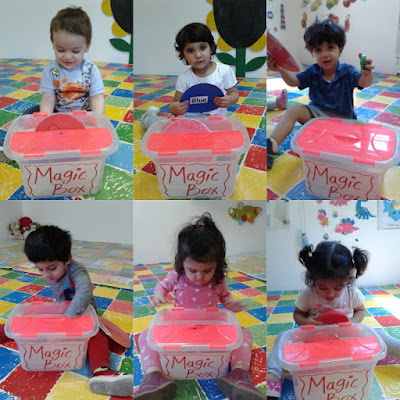

























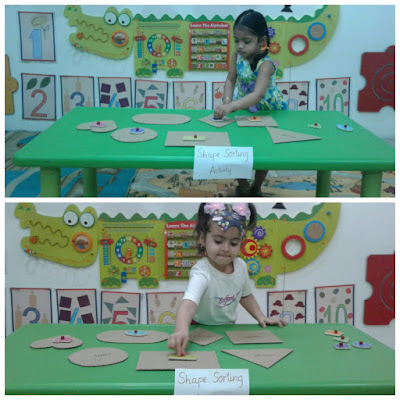

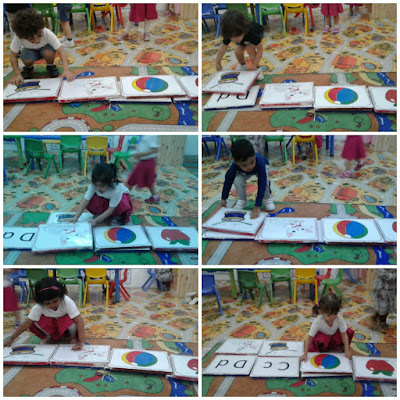




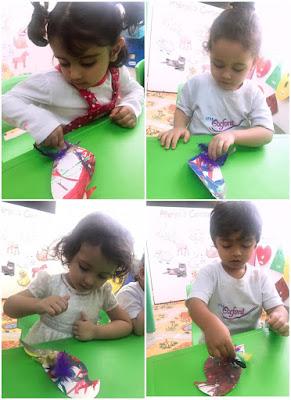



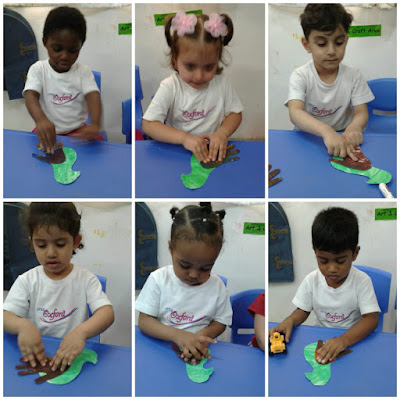






















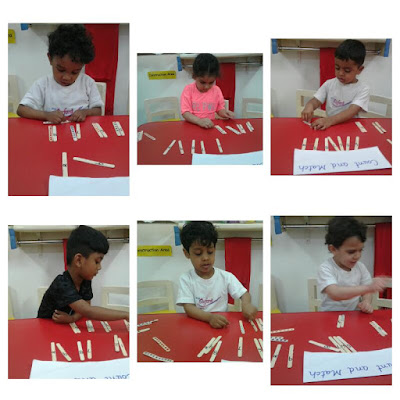

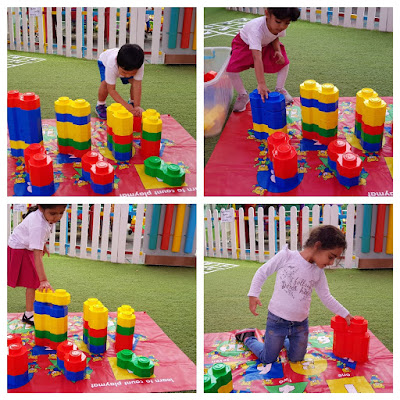



























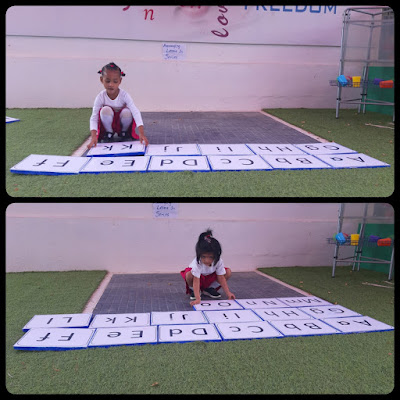









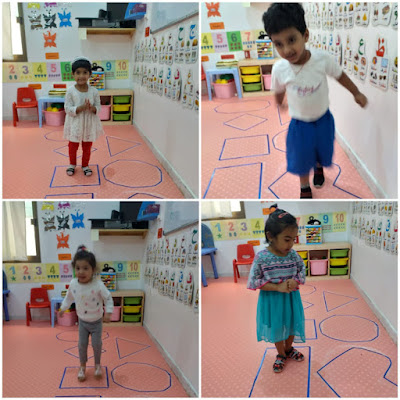








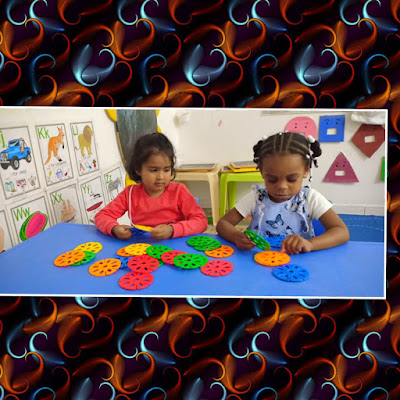


























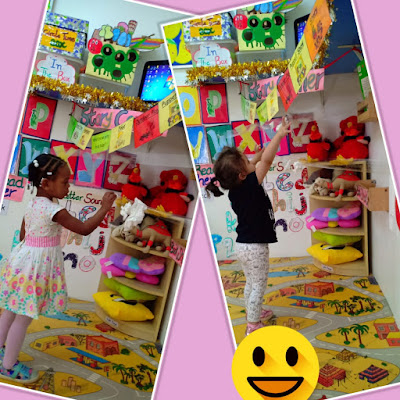
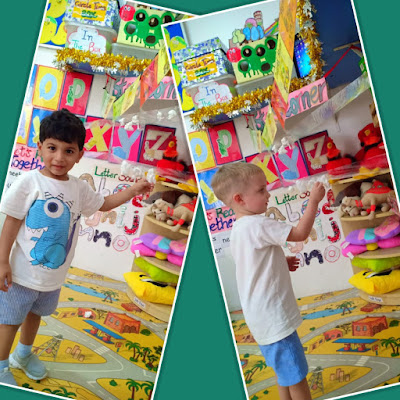















No comments:
Post a Comment